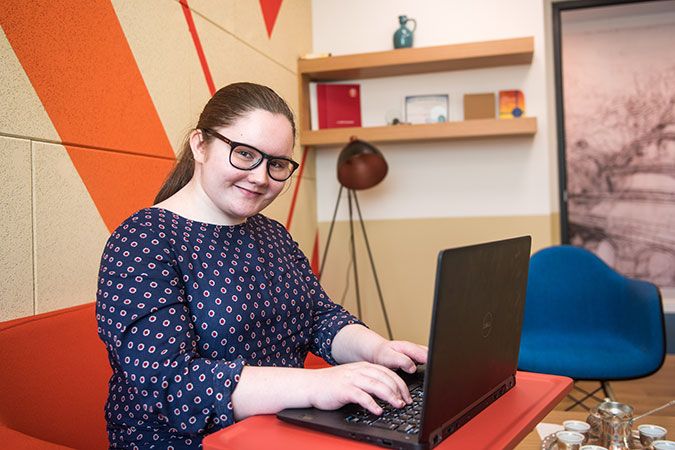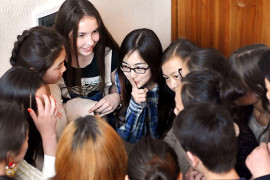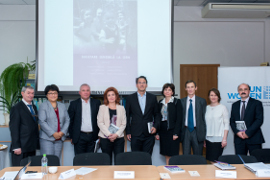SDG 4: Ensure inclusive and equitable quality education and promote lifelong learning opportunities for all
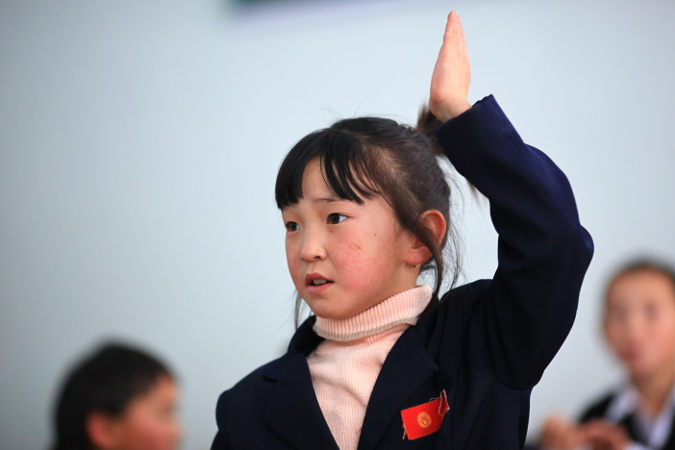
Targets
- By 2030, ensure that all girls and boys complete free, equitable and quality primary and secondary education leading to relevant and Goal-4 effective learning outcomes.
- By 2030, ensure that all girls and boys have access to quality early childhood development, care and preprimary education so that they are ready for primary education.
- By 2030, ensure equal access for all women and men to affordable and quality technical, vocational and tertiary education, including university.
- By 2030, eliminate gender disparities in education and ensure equal access to all levels of education and vocational training for the vulnerable, including persons with disabilities, indigenous peoples and children in vulnerable situations.
- By 2030, ensure that all youth and a substantial proportion of adults, both men and women, achieve literacy and numeracy.
- By 2030, ensure that all learners acquire the knowledge and skills needed to promote sustainable development, including, among others, through education for sustainable development and sustainable lifestyles, human rights, gender equality, promotion of a culture of peace and non-violence, global citizenship and appreciation of cultural diversity and of culture’s contribution to sustainable development.
- Build and upgrade education facilities that are child, disability and gender sensitive and provide safe, nonviolent, inclusive and effective learning environments for all.
- By 2030, substantially increase the number of youth and adults who have relevant skills, including technical and vocational skills, for employment, decent jobs and entrepreneurship.
- By 2020, substantially expand globally the number of scholarships available to developing countries, in particular least developed countries, small island developing States and African countries, for enrolment in higher education, including vocational training and information and communications technology, technical, engineering and scientific programmes, in developed countries and other developing countries.
- By 2030, substantially increase the supply of qualified teachers, including through international cooperation for teacher training in developing countries, especially least developed countries and small island developing States.
More girls than ever before are going to school. Not only do they learn to read and write, but each year that they remain in school after the primary level, reduces their chance of marrying at too young an age. It increases their prospects for employment, health and overall well-being. Girls and women have an equal right to a quality education and learning throughout all phases of their lives.
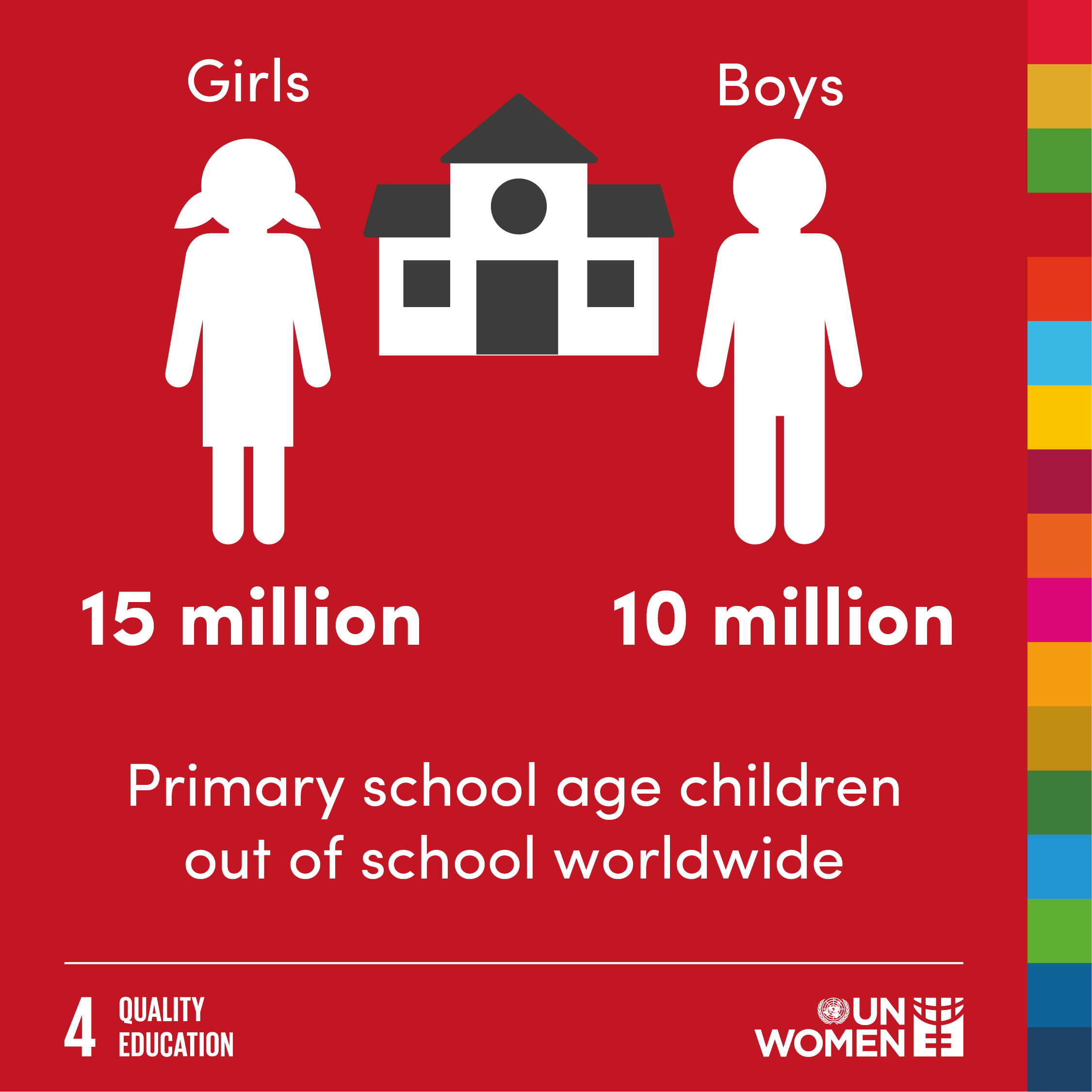
Despite progress, as many as 48.1 per cent of girls remain out of school in some regions. Gender gaps in primary and secondary enrolment rates have nearly closed, on average. Yet 15 million girls are not in primary school right now, compared to 10 million boys. In adolescence, higher numbers of girls often drop out of secondary school for reasons including early pregnancy and the expectation that they should contribute to household work.
UN Women acts to promote equality in education through the revision of school curricula and policies to counteract gender discrimination, and equal access to vocational education and training as well as information technologies. Together with partners, we have worked on school curriculums and on virtual schools.
Stories
From where I stand: "Changing the present, we are also changing the future"
Lamija Gutić, 16, from Bosnia and Herzegovina, entered the world of coding in 2016, through IT Girls, and has learned to create websites and applications. In her country, like in many others, women and girls are often sidelined in the field of science and technology, and Gutić aims to challenge those stereotypes and dreams of a career in ICT.
In Kyrgyzstan, youth are at the forefront of building peaceful communities
A UN Women supported programme in Kyrgyzstan has empowered 15,000 young people to prevent violence, promote gender equality and build tolerance of diversity in their communities. The initiatives are teaching about respectful relationships and livelihood skills to young people in remote villages.
Moldova University's gender-responsive budgeting course is a first in South East Europe
Academic and government experts say new mandatory gender-responsive budgeting course will make country more competitive internationally and help it promote gender-sensitive policies.
